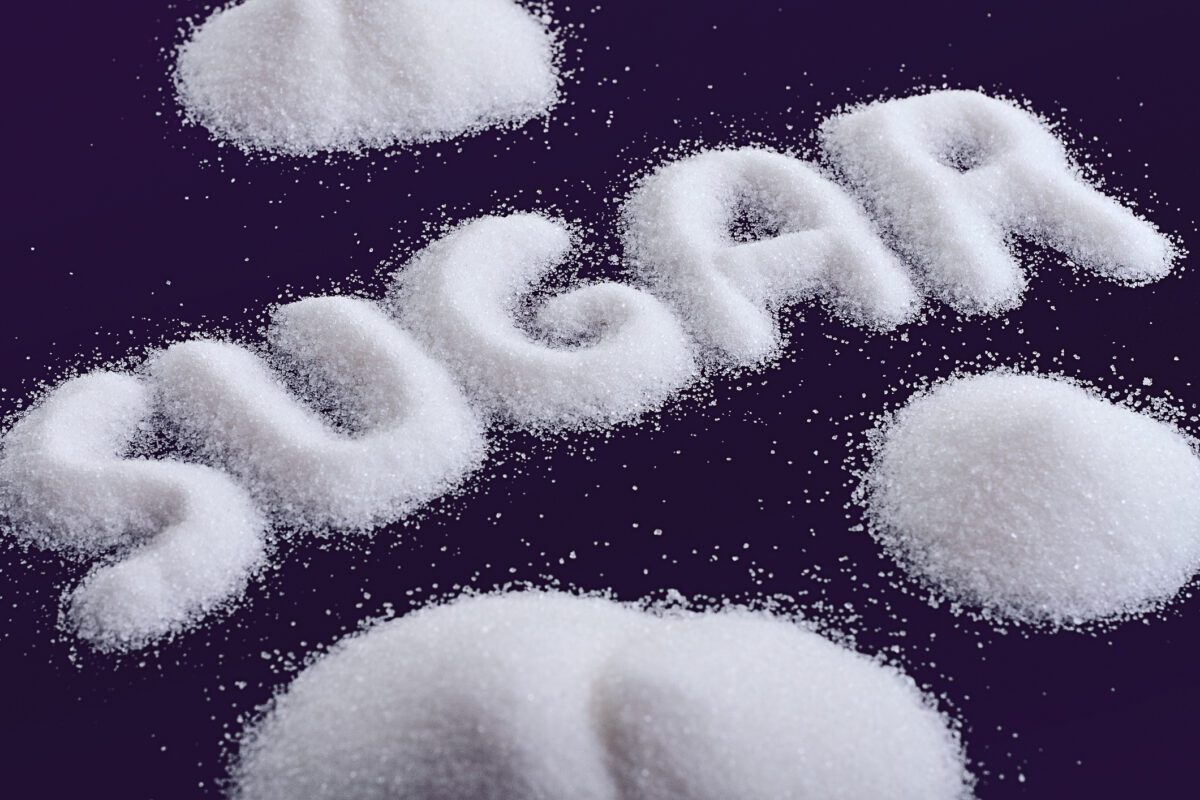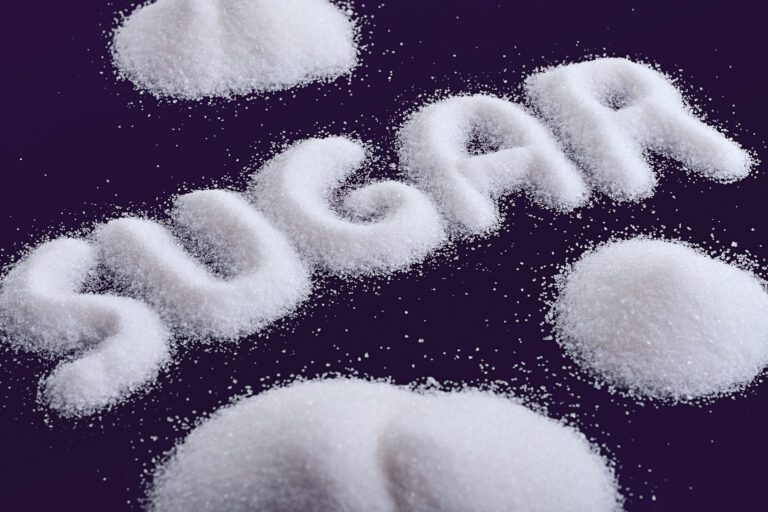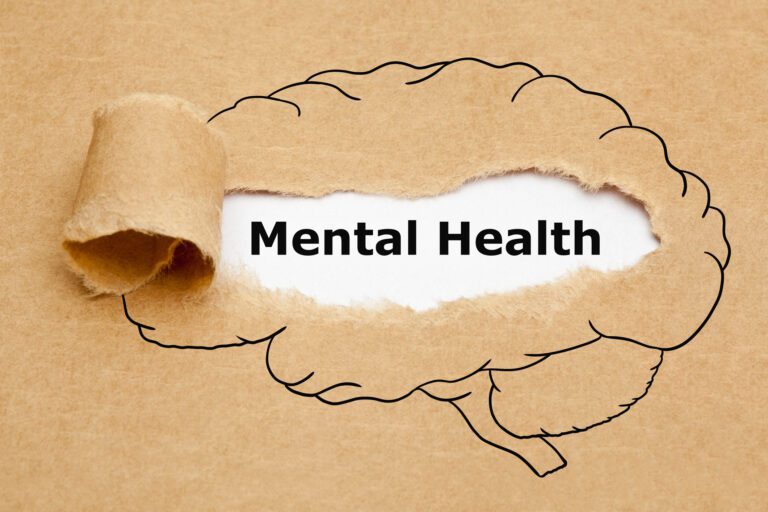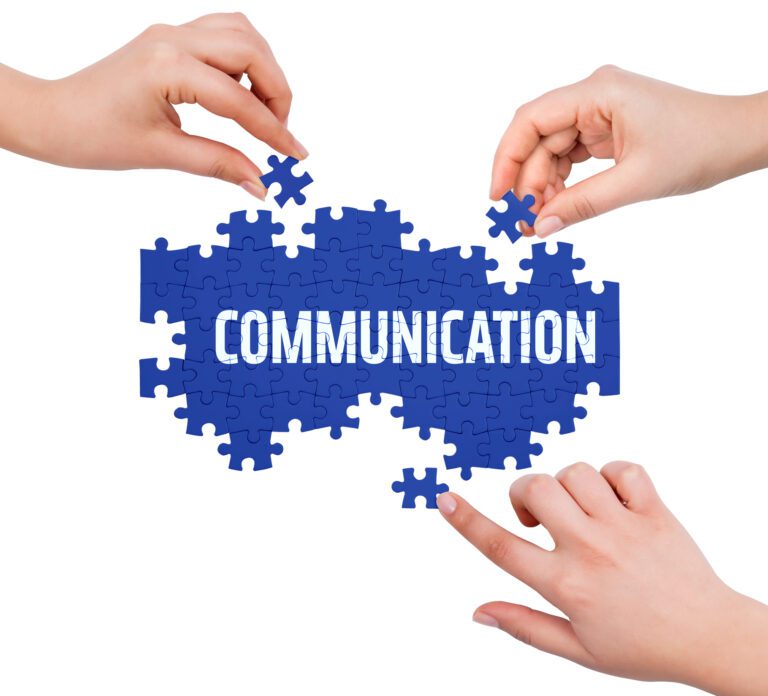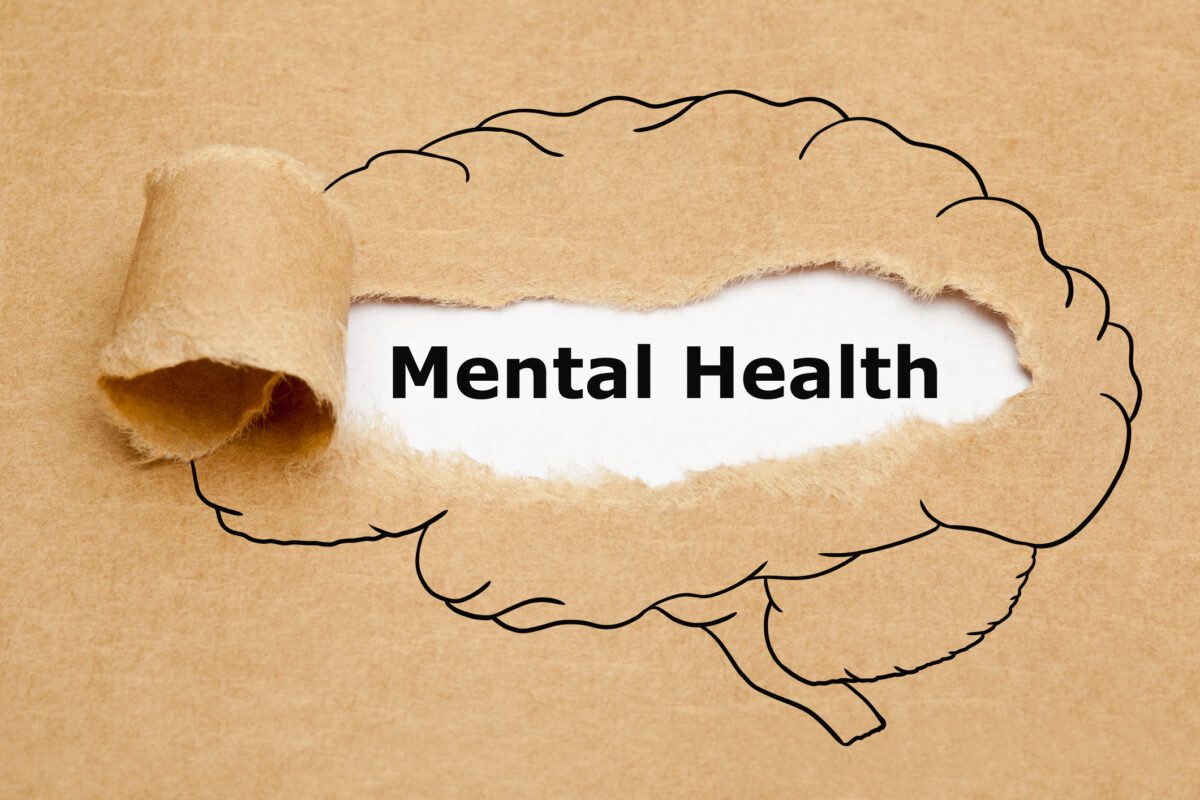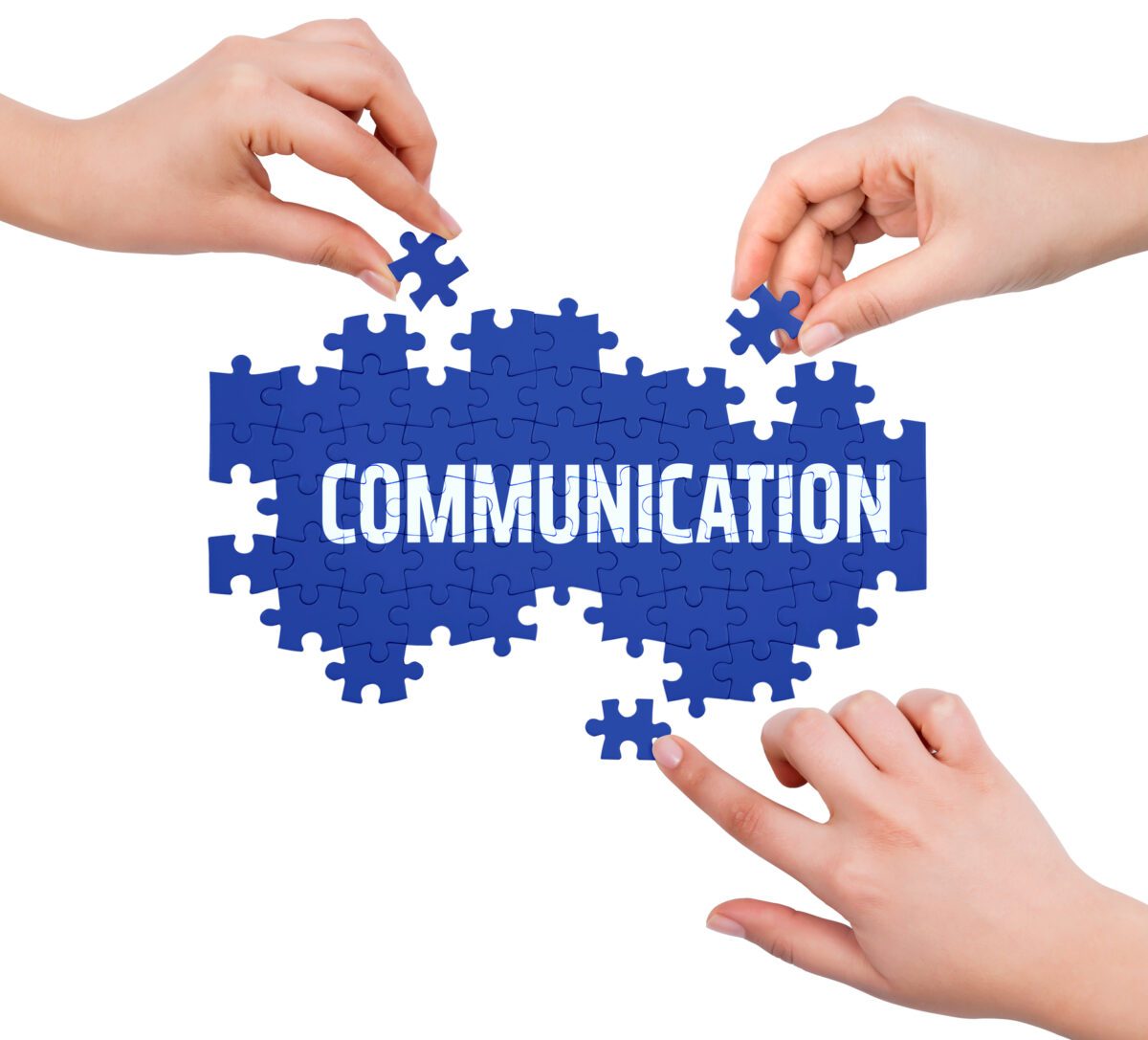The idea that sugar is “kryptonite” for individuals with ADHD (Attention Deficit Hyperactivity Disorder) is a commonly held belief, but it’s important to understand the nuances and complexities of this relationship. While there isn’t a one-size-fits-all answer, let’s explore some truths about the ADHD diet and its connection to sugar:
- No Direct Link to Cause ADHD: There is no conclusive evidence to suggest that sugar directly causes ADHD. ADHD is a complex neurodevelopmental disorder with genetic and environmental factors playing a role in its development.
- Individual Responses Vary: The impact of sugar on individuals with ADHD can vary significantly. Some people with ADHD may be more sensitive to sugar, while others may not notice any significant effects.
- Sugar and Hyperactivity: Some parents and caregivers may notice an increase in hyperactivity and impulsivity in children with ADHD after consuming sugary foods or beverages. However, this reaction is not universal and may be due to individual sensitivities or other factors.
- Sugar and Blood Sugar Levels: Consuming large amounts of sugar can lead to fluctuations in blood sugar levels, who
- Sugar and Blood Sugar Levels: Consuming large amounts of sugar can lead to fluctuations in blood sugar levels, which can affect mood and energy levels. These fluctuations may be more noticeable in individuals with ADHD, potentially exacerbating symptoms.
- Nutritional Choices Matter: A well-balanced diet that includes whole grains, lean proteins, fruits, vegetables, and healthy fats can have a positive impact on ADHD symptoms. These foods provide essential nutrients and stabilize blood sugar levels.
- Individualized Approach: Managing ADHD through diet should be individualized. Some individuals may benefit from reducing their sugar intake, while others may not experience significant improvements. It’s essential to work with a healthcare professional to determine the best dietary approach for each person.
- Other Dietary Factors: Beyond sugar, other dietary factors may affect ADHD symptoms. Some research suggests that certain food additives, artificial colors, and preservatives may have an impact on behavior in some individuals with ADHD.
- Medication and Behavior Therapy: For many individuals with ADHD, medication and behavior therapy are the most effective treatment options. These interventions can help manage sigh
- In summary, while the idea that sugar is universally detrimental for individuals with ADHD is not supported by robust scientific evidence, it’s essential to recognize that diet can play a role in managing ADHD symptoms.
- An individualized approach that considers each person’s unique sensitivities and nutritional needs is crucial. Consulting with a healthcare professional, such as a pediatrician or a registered dietitian, can help develop a tailored dietary plan for managing ADHD.

